Welcome to the Bournemouth University Research Staff Association (RSA)

What is it?
An association run by BU researchers from all faculties who want to make BU a great place to work and do research. We aim to ensure that researchers are supported to realise their full potential and to develop and produce research of the highest quality. (There are Research Staff Associations throughout UK universities and one of our BU RSA representatives is also a member of the UK RSA).
Who is it for?
Almost everyone! Postdoctoral researchers, research fellows, research assistants as well as anyone else who is actively engaged in research (or planning to be): postgraduate researchers; staff on teaching and research, or teaching contracts; clinicians; professional support staff; technicians.
What are our aims?
To help make BU a great place for researchers to work and progress in their careers.
To support BU researchers to produce excellent research by enabling them to thrive, personally and professionally through informal peer support / friendship with other researchers and encouraging BU to provide
-
-
- a well-designed induction
- a caring and helpful mentor
- support to develop research and professional skills
- increased job security
- a university culture of inclusion, kindness, care, and support
- opportunities to network, collaborate, share, and learn
How do we do that?
We support researchers through:
- Signposting you to the BU teams or individuals who can help you with issues such as: employment and contracts, work conditions, fairness and equity, discrimination, unions, professional development, careers advice, support for mental health and well-being.
- Offering peer support – opportunities to meet, socialise, network, share ideas, and collaborate with researchers from different faculties. We run informal online get-togethers and coffee mornings in faculties. We are also developing a series of university-wide events (in partnership with the Early Career Network) on topics such as career progression, funding, wellbeing.
- Representing you – raising concerns, lobbying, and advocating for researchers at the:
-
- Research Concordat Steering Group. This group is responsible for helping BU translate the ideals of the Concordat to Support the Career Development of Researchers into improved researcher career development and effective policies. The steering group can then highlight responsibilities across university departments from line managers and HR to the Vice Chancellor and the Executive Team.
-
- Faculty Research & Professional Practice Committees (FRPPC) – where we can highlight specific initiatives and the vital role that line managers and senior academics play in facilitating the development of researchers in their department.
-
- University Research & Professional Practice Committee (URPPC) where we can share the combined voice and experiences of research staff to shape the development of University wide research-based policy and procedures.
What do we need to succeed?
You! We need to know what the important issues, concerns, challenges, and aspirations of BU researchers are. We can then try to provide informative sessions which address the issues that are important to you, advocate for change – as well as letting BU know when they are getting it right! We would also like to get to know you and learn from your experiences – doing research can be lonely and being in contact with other researchers enriches our day.
When does the RSA meet?
The RSA meets regularly throughout the year. Everyone is welcome to attend or share issues that you would like raised with your faculty rep
How do I get involved/get in touch with the RSA representative for my faculty?
Your current reps are:
Faculty of Health & Social Science Sophia Amenyah samenyah@bournemouth.ac.uk
Gladys Yinusa yinusagg@bournemouth.ac.uk
Faculty of Science & Technology Kimberley Davies daviesk@bournemouth.ac.uk
Sarah Elliott selliott@bournemouth.ac.uk
Faculty of Media & Communications No representative at present.
BU Business School: No representative at present.
Institutional Reps: Chaoguang Wang wangc@bournemouth.ac.uk
Anastasia Vayona avayona@bournemouth.ac.uk
Rejoice Chipuriro rchipuriro@bournemouth.ac.uk
Academic Reps: BUBS-Rafaelle Nicholson rnicholson@bournemouth.ac.uk
BUBS-Julia Hibbert jhibbert@bournemouth.ac.uk
FST-Derek Pitman dpitman@bournemouth.ac.uk
FST-Michelle Heward mheward@bournemouth.ac.uk
FST-Ruijie Wang rwang3@bournemouth.ac.uk

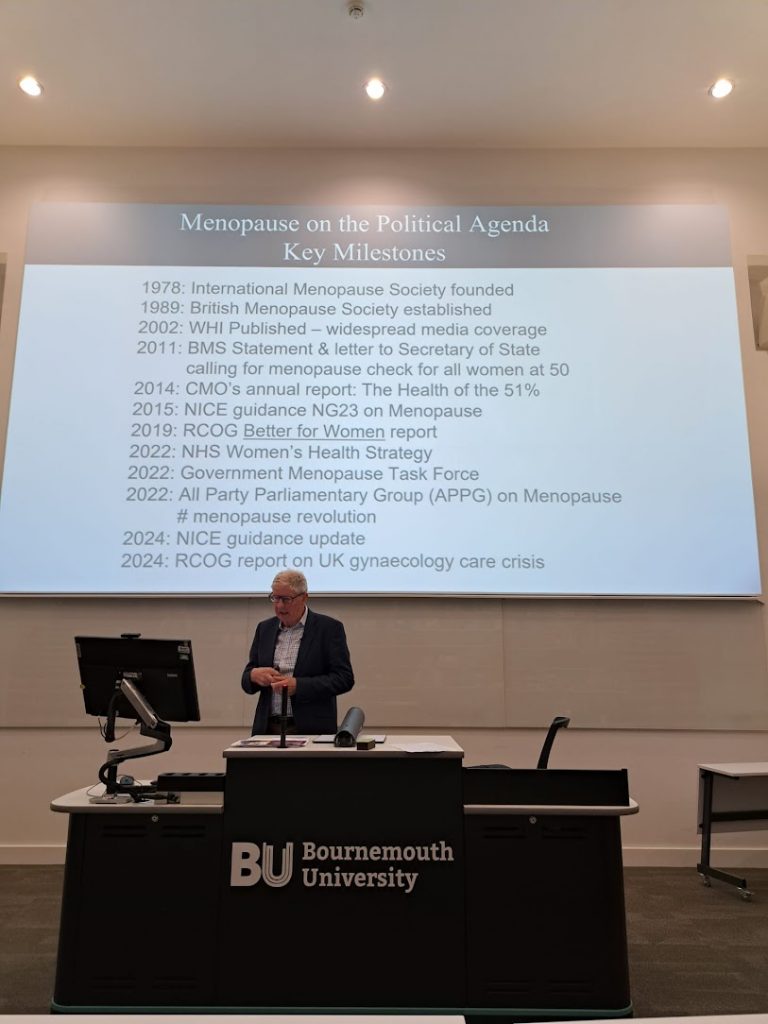

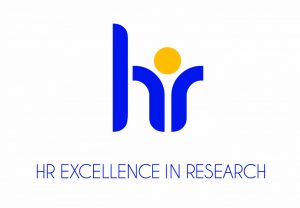 The BU
The BU 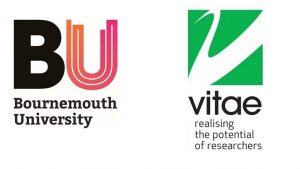 The BU
The BU 
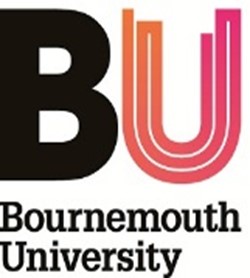 BU Research Staff Association (RSA) is a forum to promote BU research culture. Research staff from across BU are encouraged to attend to network with others researchers, disseminate their work, discuss career opportunities, hear updates on how BU is implementing the
BU Research Staff Association (RSA) is a forum to promote BU research culture. Research staff from across BU are encouraged to attend to network with others researchers, disseminate their work, discuss career opportunities, hear updates on how BU is implementing the 
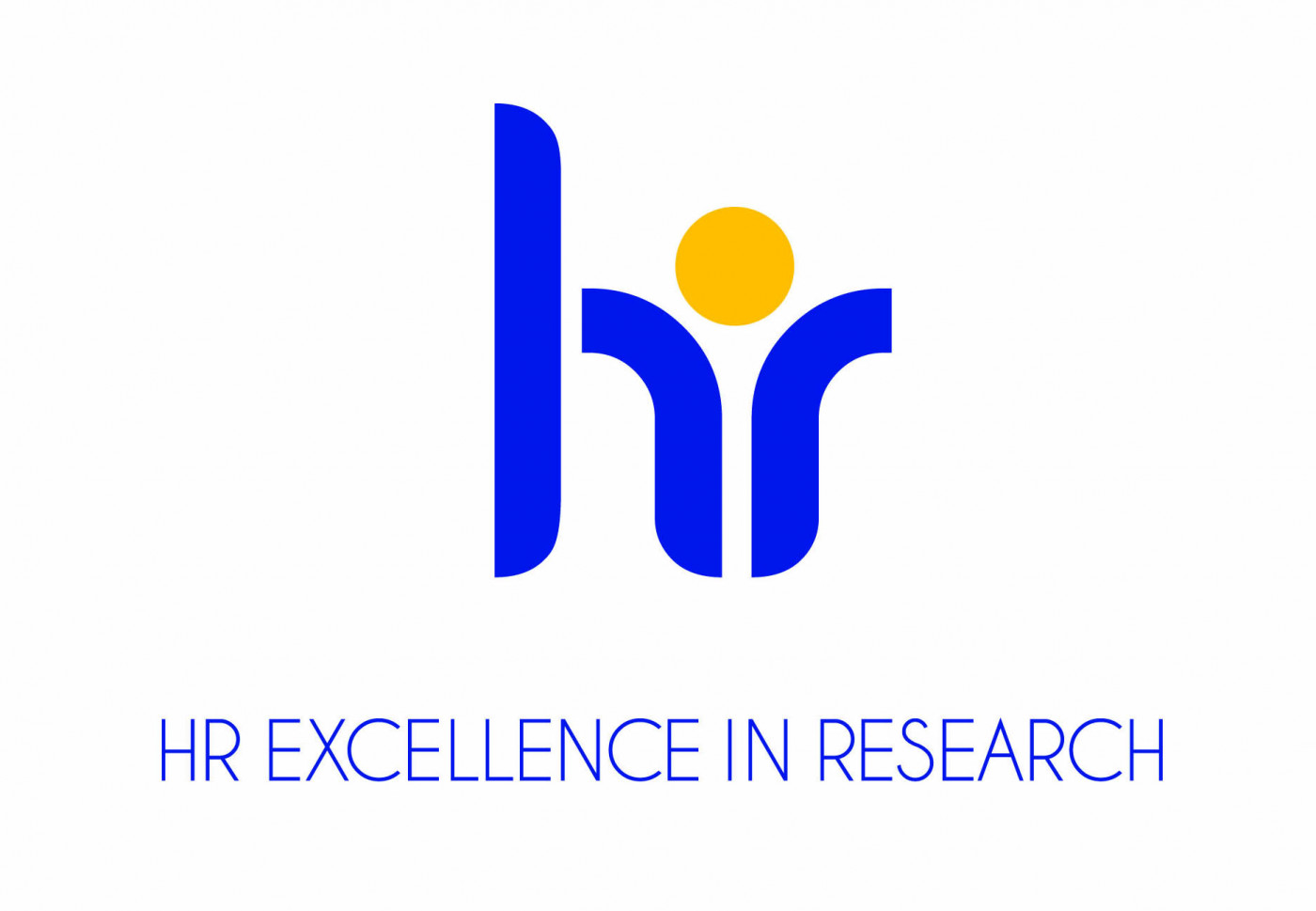 provide ‘bridging funding’ for the continuation of employment of research staff for a short-term (usually up to three months, but up to six months can be considered in exceptional situations) between research grants. BU’s Bridging Fund Scheme is intended to permit the temporary employment, in certain circumstances, of researchers between fixed-term contracts at BU, for whom no other source of funding is available, in order to:
provide ‘bridging funding’ for the continuation of employment of research staff for a short-term (usually up to three months, but up to six months can be considered in exceptional situations) between research grants. BU’s Bridging Fund Scheme is intended to permit the temporary employment, in certain circumstances, of researchers between fixed-term contracts at BU, for whom no other source of funding is available, in order to:


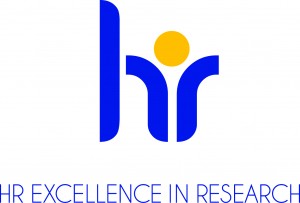











 From Sustainable Research to Sustainable Research Lives: Reflections from the SPROUT Network Event
From Sustainable Research to Sustainable Research Lives: Reflections from the SPROUT Network Event REF Code of Practice consultation is open!
REF Code of Practice consultation is open! BU Leads AI-Driven Work Package in EU Horizon SUSHEAS Project
BU Leads AI-Driven Work Package in EU Horizon SUSHEAS Project ECR Funding Open Call: Research Culture & Community Grant – Apply now
ECR Funding Open Call: Research Culture & Community Grant – Apply now ECR Funding Open Call: Research Culture & Community Grant – Application Deadline Friday 12 December
ECR Funding Open Call: Research Culture & Community Grant – Application Deadline Friday 12 December MSCA Postdoctoral Fellowships 2025 Call
MSCA Postdoctoral Fellowships 2025 Call ERC Advanced Grant 2025 Webinar
ERC Advanced Grant 2025 Webinar Update on UKRO services
Update on UKRO services European research project exploring use of ‘virtual twins’ to better manage metabolic associated fatty liver disease
European research project exploring use of ‘virtual twins’ to better manage metabolic associated fatty liver disease